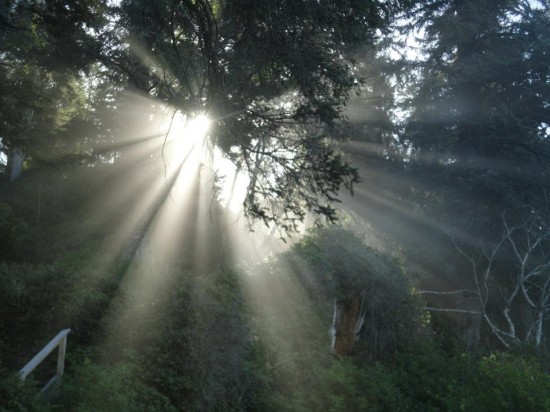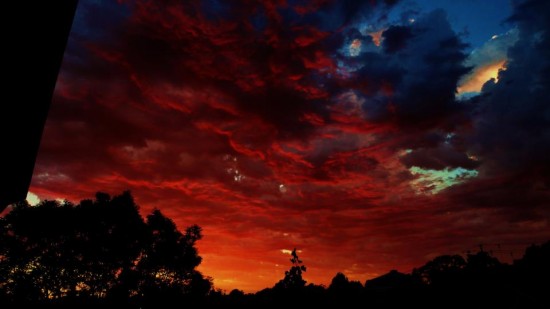“The inner world of self can seem a faraway place, because it is really a Holy Land, where we are always innocent.”
 Respect – from self and others – is something that if truly felt, earned and deserved, does not need gangster swagger. It just is, and demonstrates naturally and essentially, not as a demanding tantrum, but as confidence.
Respect – from self and others – is something that if truly felt, earned and deserved, does not need gangster swagger. It just is, and demonstrates naturally and essentially, not as a demanding tantrum, but as confidence.
No one should think themselves so important as to be ‘the judges’ of others. What one predominantly sees as ‘wrong’ in the world and in others is typically a reflection of those qualities they dislike in themselves. This ability to judge and discern between ‘good’ and ‘bad’ is a useful and inherent survival mechanism, developed in order to assist our navigation through evolution. But it has become severely overused and misunderstood.
Psychologically, I believe that when one acts like one is more important than others, it is because they think very little of themselves. It is to fulfill some need to feel important inside. It is indicative of low self esteem and of disconnection from innocence, where we cease to seek the wisest possible expression of self. The cyclical habit of looking down at self, perhaps because one perceived one was looked down upon throughout one’s life, will repeat incessantly and uninterrupted, inevitably rubbing off onto others unless it is broken.
Turned inwardly, constant judgment erodes a person’s ability to perceive things as they truly are, and thus allows the development of superficial and irrelevant personal insecurities. Just ask the many ‘experts’ who with flowery words and expensive campaigns claim that all of us can be thinner, more balanced, smarter, fitter, sexier, happier, richer, better, if only we ‘stop settling for what we are’, judge ourselves more harshly and commit ourselves to the padded chamber of insecurity.
But allow me to digress from the origins of judgment. I wish to briefly discuss the effects of it.
Some people, who have apparently grown up, in positions in which they can affect change to others – particularly to younger minds – have an even larger sense of entitlement, simply by virtue of having found themselves in a vocation where others have to listen to them. Some sit in lazy, despondent judgment all day, painting others with an ill-conceived cattle brush, affording them no respect or courtesy, simply because they crave power. They need power because they feel powerless. They have taken a discerning evolutionary tool and morphed it into a badly-honed weapon of judgmental destruction. Prisoners in their own minds, they seek to make others feel as trapped and lonely as they are.
To ‘do to others as was done to you’ is surely easier than ‘doing to others what you would have done to you’. It is easier in the short term to repeat what you learned, even if it is wrong, abusive or hurtful. It is easy to be weak; to make excuses. To produce badly justified, poorly-formed arguments about why ‘you don’t deserve better. Why you can’t change. Why others don’t deserve what they have because you didn’t get any better’. But in the long run, treating others poorly bankrupts us all, which is perhaps why there is so much apathy these days. The source of apathy, in all its forms, becomes its own comfortable home, and with more sources, there are more outlets for everything we ironically complain about not wanting to see or deal with.
We are what we do. And we are what we judge in others. If instead of behaving like self-entitled judgmental meanies, we expended our energy training the innocent discipline of self respect and compassion, we might remember what ‘good judgment’ feels like. Or even better, collectively reflect the evidence of exponential evolution and thus, experience the loving embrace of no judgment at all.
Photo Credits
All photos by Mary Rose
Sunrise on Sombrio
A picture of the sunset I took after the big thunder storm this year



Please Share Your Thoughts - Leave A Comment!